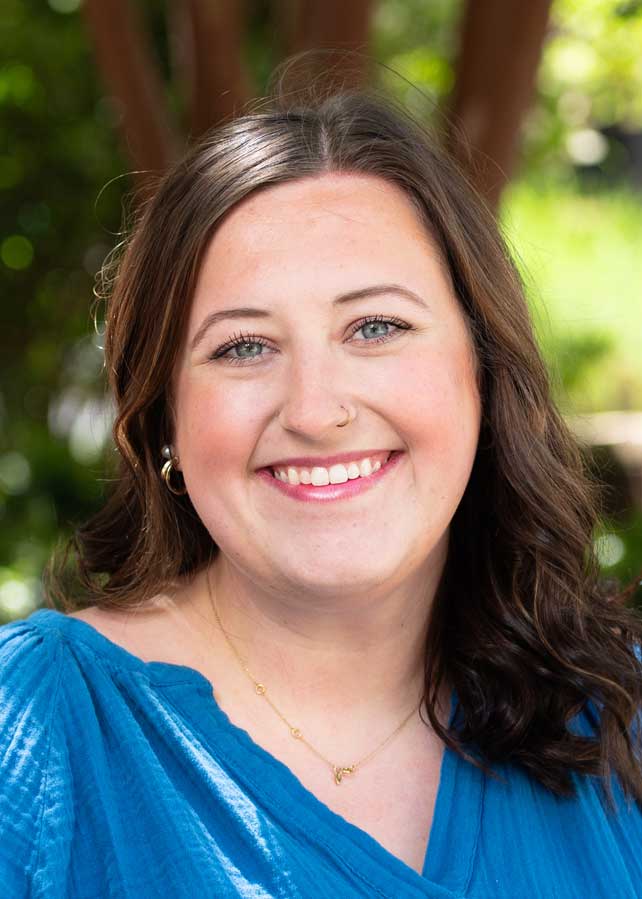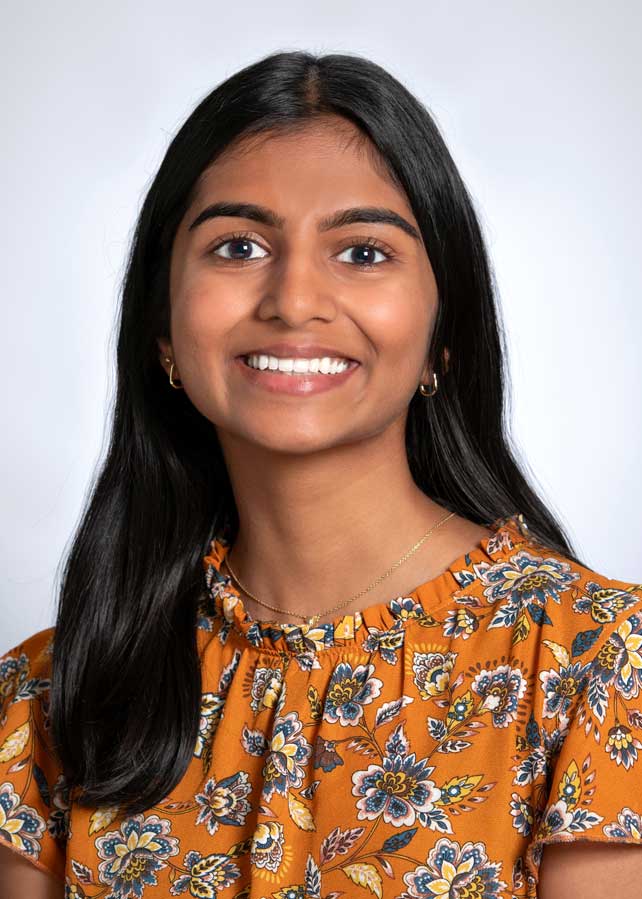

The Master of Science in Global Health: an innovative, multi-institutional degree that equips learners for impactful professional global health careers
Format: Online, In-Class The UAB Master of Science in Global Health (MSGH) is uniquely offered by the UAB Heersink School of Medicine and the UAB School of Public Health. Global health is an area for collaborative, transnational research and practice that places a priority on improving health and achieving equity in health for all people worldwide. This program will connect students with cutting-edge global health research and practice through the collaborations amongst the Sparkman Center for Global Health, the Mary Heersink Institute for Global Health, the Global Health Consortium and international partners.
The UAB Master of Science in Global Health (MSGH) is uniquely offered by the UAB Heersink School of Medicine and the UAB School of Public Health. Global health is an area for collaborative, transnational research and practice that places a priority on improving health and achieving equity in health for all people worldwide. This program will connect students with cutting-edge global health research and practice through the collaborations amongst the Sparkman Center for Global Health, the Mary Heersink Institute for Global Health, the Global Health Consortium and international partners.
The innovative UAB MSGH degree remains learner-centric through:
- A global classroom – our Foundations of Global Health I/II courses will be offered with students from around the world and affiliated with the other universities in the Global Health Consortium. Learn more here.
- Experienced faculty with a range of international partners working in interdisciplinary, global health research and practice.
- 1st degree of its kind offered in Alabama and one of a few that are jointly offered in the US between two different schools.
- Optional international travel experience through a student symposium held annually at Manipal University in India
- Broad spectrum of elective course offerings on maternal child health, international partnerships and policy, and health equity.
- Experienced mentors and access to the depth of collaborators in the Sparkman Center for Global Health and the Mary Heersink Institute for Global Health
- Focus on health equity; vantage point is unique with Alabama’s history steeped in the Civil Rights Movement
Student Experiences

Foundations I and II were two of the most transformational courses I have taken in terms of learning tangible concepts of global health work. These courses not only taught me more about global health, but they also taught me how to work effectively on a team spread across countries and time zones.
- Camryn, Foundations I and II
 Photo by Jon Steen
Photo by Jon Steen
Participating in the peer-centered courses of Foundations I and II has been an enriching experience. Foundations I provided a theoretical framework through global health policy analysis, while Foundations II built upon this foundation to equip students with the skills necessary for developing global health project proposals. The structure of both courses mirrors real-world global health work, preparing students for dynamic, international team-based environments. Through these two courses, I have learned the importance of teamwork based on mutual trust, the value of cultivating relationships with team members beyond work requirements, the necessity of using an intersectional lens for analysis, and the ability to critically evaluate the perspectives and biases of all stakeholders. The learning environment of Foundations I and II is particularly beneficial for students like myself who are just starting in the global health field. After completing both courses, I feel confident in my ability to navigate my future within global health.
- Audrey, Foundations I and II

The two-week Manipal Global Health Learning Symposium provided a valuable opportunity to gain new insights into global health while allowing me to develop both personally and professionally. It featured an exploration of the Indian healthcare system, collaborative group work and extensive networking with a mix of participants from eight different global universities. I was able to work on a system mapping activity in the mental health student cluster and had the chance to visit 4 different facilities in Uddupi to map out the local mental health landscape. It was also great to meet some of my Global Health Foundations 1 and 2 group mates from McMaster University in person, after only interacting with them virtually the past two semesters.
- Divya, Symposium
Curriculum
Students may choose between two program formats: a 36-credit hour Scholarly Project Track or the 38-credit hour Thesis Track. As a MS degree, students are expected to complete a hypothesis-driven research project. The scholarly project is built within the curriculum track while the thesis track allows for more time one-on-one with an established researcher. For more information about the requirements, review the planning sheets:
Download Thesis Track Planning SheetOpens a PDF.
Download Scholarly Project Track Planning SheetOpens a PDF.
Download MSGH Student HandbookOpens a PDF.

-
Curriculum Flow
The MS in Global Health offers career building, tailored mentorship and professional networking. Fieldwork is optional.
Research Project Development / Advisor Selection
FALL I
SPRING
SUMMER
FALL II
Foundations of Global Health I
Foundations of Global Health II
Master’s Research / Scholarly Project
Master's Research / Scholarly Project
Fundamentals of Global Health
Global Health Research Methods
Global Health Ethics
Writing for Global Health
Elective
Elective
Overview of Public Health
Admission
 STEP 1: Review Our Admission Requirements
STEP 1: Review Our Admission Requirements
Please be prepared to submit all of the following:
- Online application(s)
- Two letters of recommendation from academic or professional references
- Resume/Curriculum Vitae
- Statement of Purpose and Objectives
- UAB Graduate School transcript and application requirements for Domestic (U.S.) Applicants
- UAB Graduate School immigration documentation, English proficiency requirements, transcript and application requirements for International Applicants
STEP 2: Know Your Deadline
Admission during Fall term only – July 1 annually.
Typically, this is the date by which your application fee must be paid, and your application submitted. Supporting materials, such as recommendations or transcripts, will continue to be accepted after this deadline.
Academic Leadership
Through a partnership between the UAB Heersink School of Medicine and the UAB School of Public Health, we provide students with experienced professors comprised of clinical faculty, researchers and educators.
Co-Directors of the Master of Science in Global Health

Bhekumusa Lukhele, PhD
Assistant Professor, Health Policy and Organization, UAB School of Public Health
blukhele@uab.edu

Matt Heimann, MD
Associate Director for Educational Programs, Mary Heersink Institute for Global Health
mheimann@uabmc.edu
Contact
If you have additional questions, please contact the program’s academic leadership (Dr. Bhekie Lukhele at blukhele@uab.edu or Dr. Matt Heimann at mheimann@uabmc.edu), or program manager Jimika Colvin at jlcolvin@uab.edu.